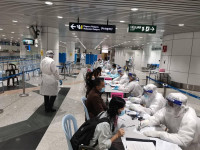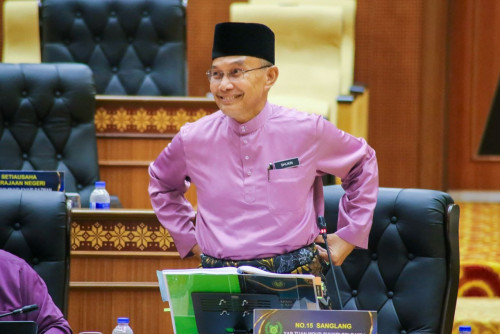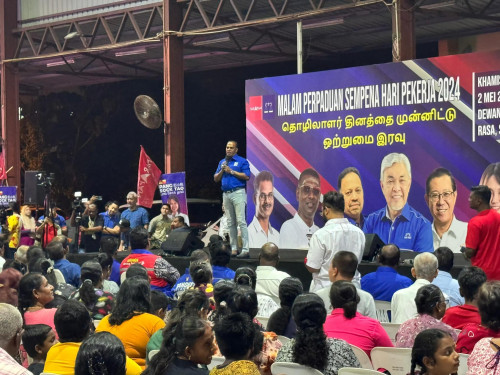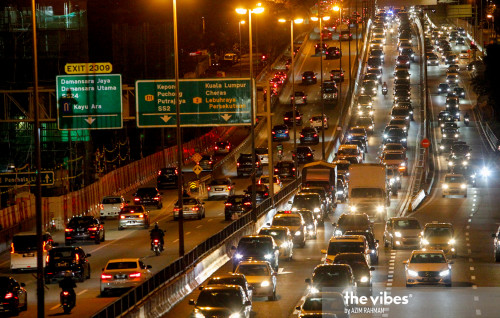IT would be unfair to put the blame on the government for the high wastage of doses of the Covid-19 vaccine as at the time of their procurement, every country was rushing to secure enough jabs for their populations. Due to the high global demand for the vaccines, there were concerns over supply. I think it was right to assume at the time that everyone was going to be vaccinated.
We did achieve a high percentage of full vaccinations, however, uptake for the jabs had dropped during and after the roll-out of the first booster. By around this time, most economic sectors were opening up and the number of Covid-19 infections was on the decline. We can’t blame the government for a low uptake in booster shots. There was ample supply but many chose not to get the boosters even though it was recommended by the Health Ministry and medical experts. The ministry had done its part in educating the public on the importance of boosters.
It should also be noted that proof of full vaccination is no longer a requirement for air travel – hence it is likely that a percentage of people who did not want to be vaccinated in the first place would have remained unvaccinated.
Considering the high demand for vaccines at the start of 2021, we feel the government did well in securing more than enough vaccines for the population. At the time, every country’s health ministry would have targeted a 90-100% vaccination and booster rate but the demand for vaccines dipped by the time the programme for booster shots had rolled out.
Of course, with any spending of public funds, transparency must be insisted upon but there were non-disclosure agreements (NDAs) between pharmaceutical companies and the government that the latter had to honour in order to secure vaccine supply. Any breaches of the NDAs could have resulted in legal suits.
Overall, we believe the government at the time did its best to negotiate the best deal for the vaccines but we may not have had the bargaining power due to high global demand.
The Attorney-General’s Chambers did do its part in identifying clauses in Malaysia’s vaccine procurement agreement with Pfizer that it found were not in favour of the government and had proposed amendments.
It was also a good move that the government did not fully rely on one vaccine supplier by procuring vaccines from AstraZeneca and Sinovac. – The Vibes, June 9, 2023
Dr Muruga Raj Rajathurai is president of the Malaysian Medical Association, the main representative body for all registered medical practitioners in the country



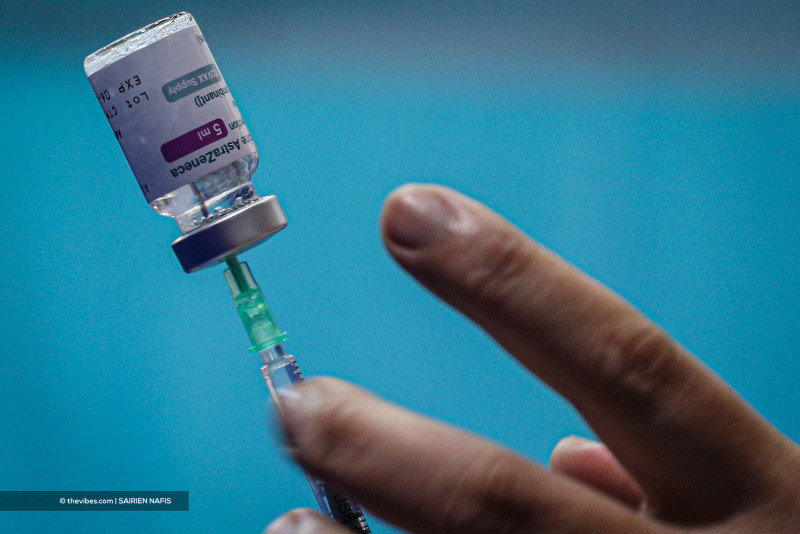
.jpg)

